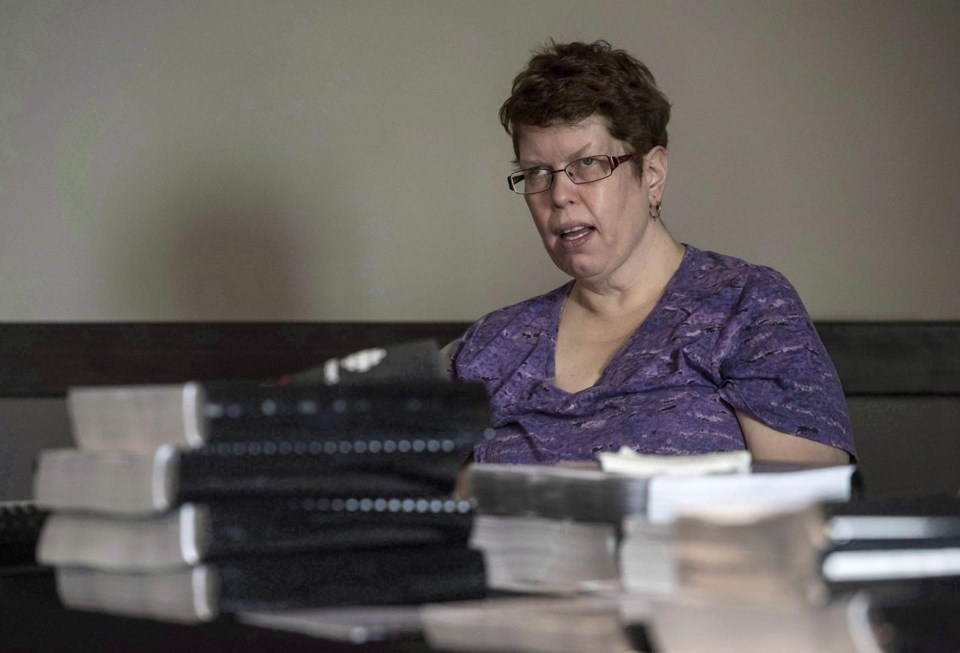HALIFAX — An expert report released Wednesday moves people with disabilities in Nova Scotia a step closer to the end of an era when many had to live in large institutions.
The report by Eddie Bartnik, an Australian consultant on disability services, and Tim Stainton, a University of British Columbia professor of social work, recommends the province move 652 of the 870 people in institutions — three quarters of the total — into housing in communities by 2025. It says the large facilities should be entirely closed by 2028.
The 131-page report envisions ending new admissions to the facilities, known as adult residential centres and regional rehabilitation centres, in the first year of the reforms, which it recommends begin this summer.
"It's a move toward getting rid of the discriminatory treatment of people with disabilities and their access to social assistance," said Claire McNeil, the lawyer for the Disability Rights Coalition — whose human rights case led to the proposed changes.
In an interview Wednesday, Karla MacFarlane, the minister of community services, said, "we agree on the report," which now goes to a human rights board of inquiry to be finalized.
"I'm hoping the board of inquiry will be delivering a ruling and approval as soon as possible, and we will be following their direction," she said.
In a news release, the Community Services Department said the cost "will depend on factors such as program design, staffing levels, the availability of specialized supports and a regional approach to delivering services."
The recommendations are the result of a marathon legal battle originally launched in 2014 by three people with disabilities who were kept in a Halifax psychiatric hospital for years, despite medical opinions they could live in the community with appropriate supports.
Their human rights case went to a board of inquiry and eventually the province's Court of Appeal, which ruled in favour of the arguments of the Disability Rights Coalition. It found that people living with disabilities were being subjected to discrimination in their inability to obtain social assistance — including housing, support and services.
Last August, the province agreed to work with the disabilities coalition on a remedy that would be overseen and approved by a human rights board of inquiry. Bartnik and Stainton were hired to provide suggestions on a remedy.
Their report contemplates a year-by-year plan with a March 31, 2028 end date. It says the government’s actions in implementing the plan should be independently monitored on a regular basis, including regular, public disclosure of data and documents.
The human rights board of inquiry overseeing the remedy ordered by the courts would retain jurisdiction until it determines that the systemic discrimination has ended, the expert report says.
Under the current system, when people with disabilities apply for services or housing they're often put on a lengthy wait list. As of last July, there were 1,834 people on the department's waiting lists for various types of housing and support.
Under the report's recommendations, resources would be increased so that in 2028, the lengthy wait times would be eliminated.
The province would also create a "critical response team" with trained staff to ensure people in crisis have immediate access to supports and services, as well as multidisciplinary teams to meet needs as people shift into community settings. Bartnik and Stainton also recommend more staff and new positions for area coordinators spread throughout Nova Scotia.
“I am very happy they are closing all the institutions, because institutions are like prisons," Charlie Lemon, a member of the Disability Rights Coalition, said in a news release. "It will be a big victory day for people with disabilities when that happens."
This report by The Canadian Press was first published April 26, 2023.
Michael Tutton, The Canadian Press



